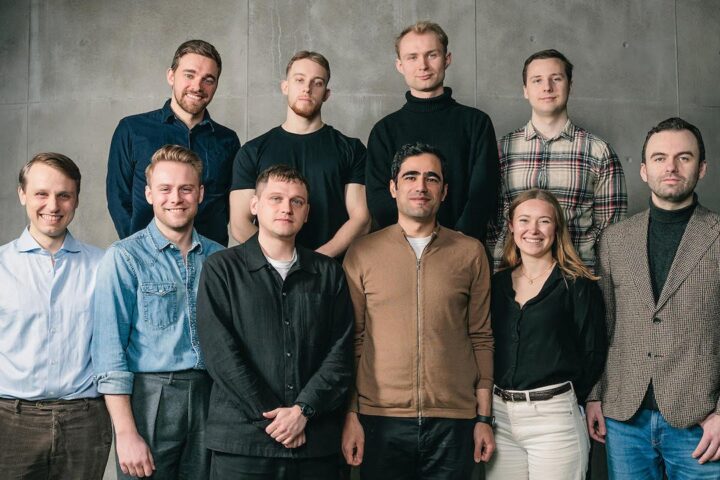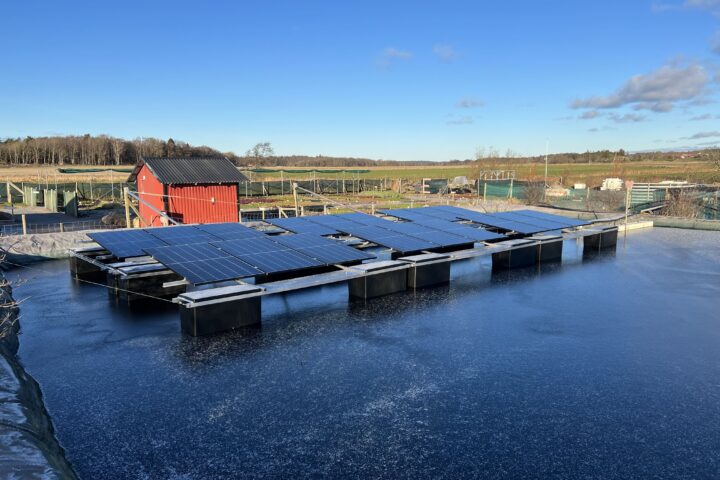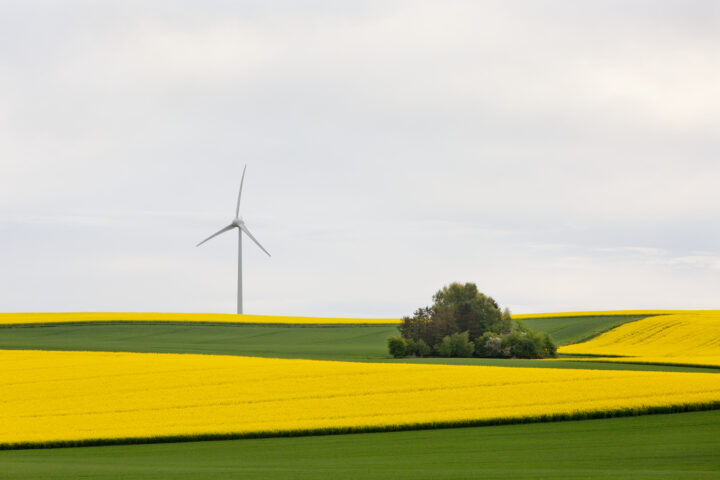Living in a country like Sweden, when half of the year is dark and the sun never rises in some parts in winter, solar energy might not be the first thing that comes to mind. In Skellefteå in northern Sweden, a real-time experiment is testing how solar technology can be more accessible to countries with little sunlight.
Zero Sun is the experiment that wants to prove that smart technologies, when working together as a unique system, can be a key part of the sustainable energy solutions of the future.
A custom-made house
A house was designed and built to meet the specific challenges of the experiment. The goal is for the house to be completely self-supporting with solar energy – in a place where the solar influx is very low for several months a year.
How it works
The house is fitted with solar panels that generate electricity, which is primarily used for the direct energy consumption of the house. Any leftover energy is stored in batteries. Once the batteries are full, the surplus energy goes into producing hydrogen through an electrolyser. The stored hydrogen is then used to produce electricity via a fuel cell during the darkest time of the year, which makes the house self-sufficient all year round.
What is more, the fuel cell is cooled by water, which is an important function when connecting fuel cells to a house. When the system is running it generates hot water, which can then be brought back into the house and used for things such as washing or heating.
The house can also fuel cars on the property, which allows for both chargings of electric cars and filling up fuel-cell vehicles with hydrogen.
Control system for a safer and more efficient energy use
A control system monitors and controls all technology in the house. The control system uses sensors to monitor all energy being produced and consumed.
The energy system of the house is custom-made to allow lighting and household appliances to connect seamlessly. The system collects and analyses data in real-time, which makes it more secure, efficient and reliable, as well as sustainable.
Want to find out more? Contact Skellefteå kraft here.
Source: Energiforsk for the Swedish Smart Grid Forum, Zerosun.se



